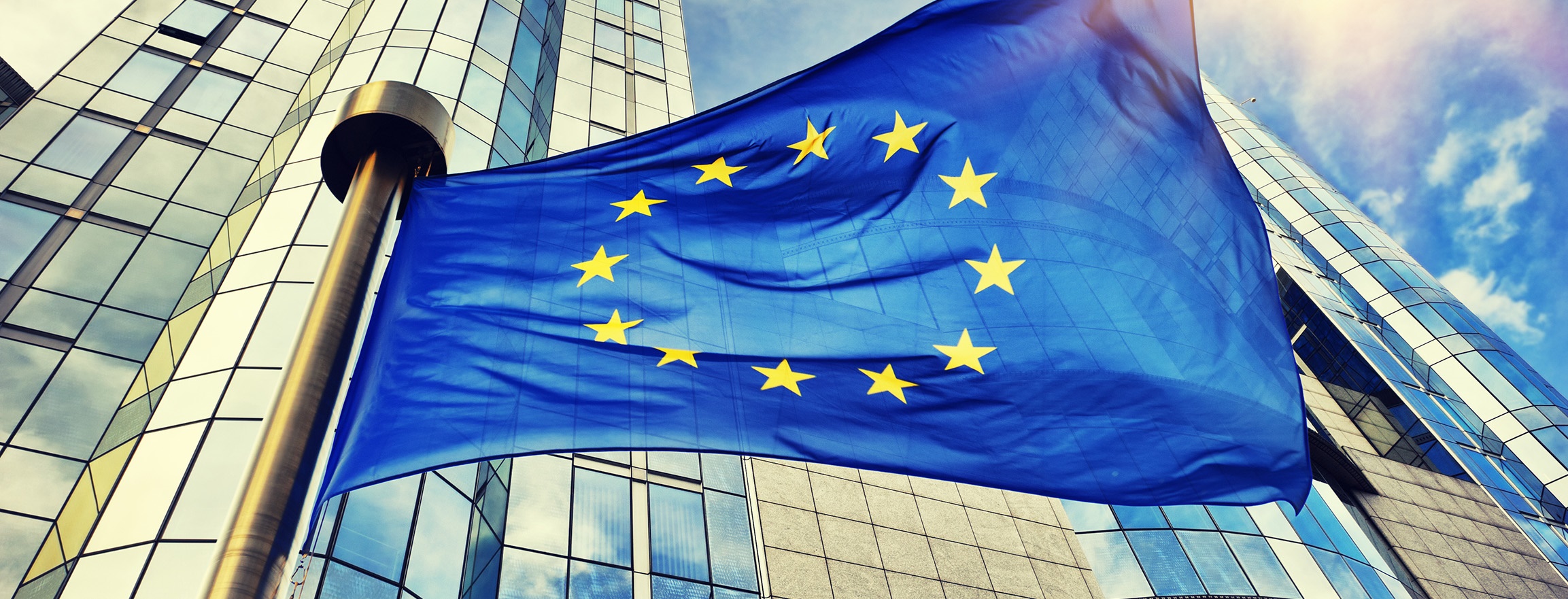
INSTITUTIONS OF THE EUROPEAN UNION
European Central Bank

The European Central Bank (ECB), based in Frankfurt, manages the euro and formulates and implements the EU's economic and monetary policy. Its main purpose is to keep prices stable.
- It fixes the interest rates that it lends to commercial banks in the eurozone, controlling the money supply and inflation.
- It manages the currency reserves of the euro area and the buying and selling of currencies to maintain the equilibrium of the exchange rates.
- It ensures that national authorities adequately supervise markets and financial institutions and that payment systems work well.
- It guarantees the security and soundness of the European banking system.
- Authorizes the manufacture of euro banknotes by member countries of the euro zone.
The ECB works with the national central banks of all EU countries. Together they constitute the European System of Central Banks (ESCB) and direct cooperation between the central banks of the euro area. It is what is usually known as the Eurosystem.
El Consejo de Gobierno, principal órgano decisorio formado por el Comité y los gobernadores de los bancos centrales nacionales de la eurozona. Su misión es evaluar los cambios económicos y monetarios, definir la política monetaria de la zona del euro y fijar los tipos de interés a los que los bancos comerciales pueden obtener dinero del BCE.
El Comité Ejecutivo, se ocupa de la gestión diaria del BCE, formado por el Presidente y el Vicepresidente del BCE y otros cuatro miembros nombrados por los dirigentes de los países de la zona del euro por un mandato de ocho años. Es responsable de ejecutar la política monetaria, gestionar las operaciones cotidianas del Banco, preparar las reuniones del Consejo de Gobierno y ejercer determinadas facultades delegadas por el Consejo de Gobierno.
El Consejo General tiene una función consultiva y de coordinación. Está formado por el Presidente y el Vicepresidente del BCE y los gobernadores de los bancos centrales nacionales de todos los países de la UE. Contribuye al trabajo consultivo y de coordinación y ayuda a preparar la adopción del euro en nuevos países.


